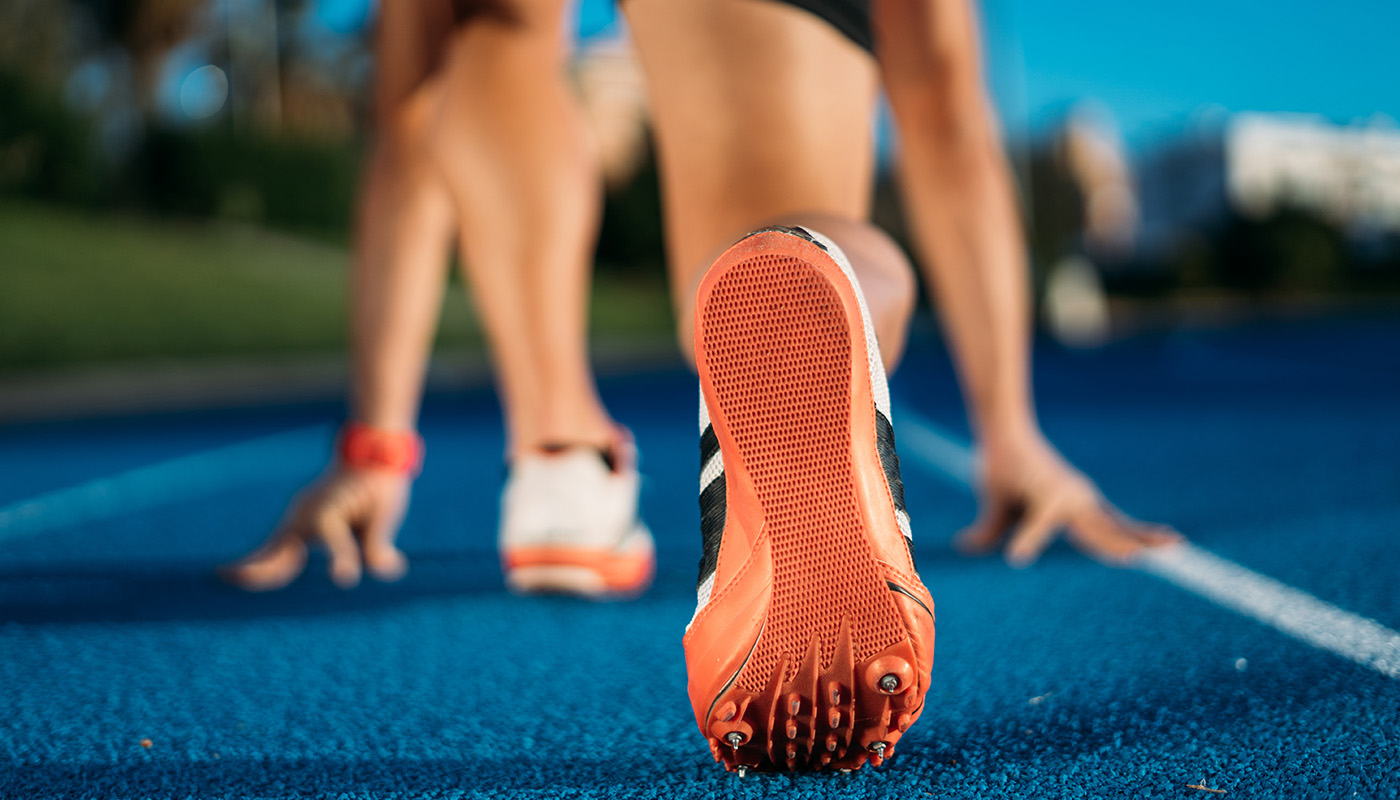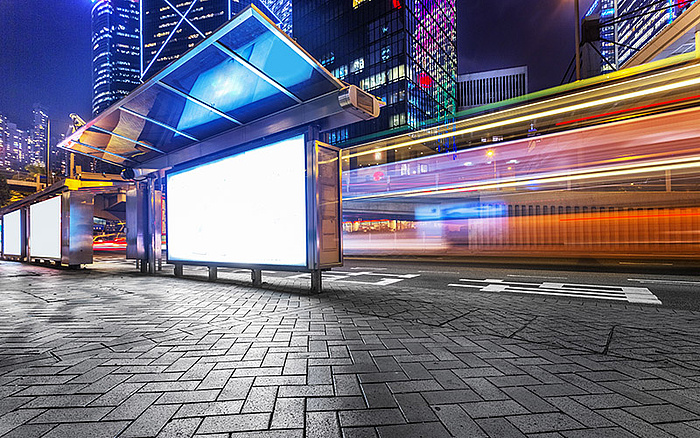
Sneak attack on the track: ambush marketing and the Summer Olympics
Athletes, fans and businesses are looking forward to the Olympic and Paralympic Games in France this year. But how can brands navigate the complex rules of Intellectual Property (IP) and ambush marketing?
The world's attention will be focused on the city of Paris for the 2024 Summer Olympics, which take place from July 26 to August 11, and the Paralympic Games, which run from August 28 to September 8.
The two competitions will see thousands of athletes from 206 National Olympic Committees (NOCs) take part in a total of almost 900 events. Besides a shot for sportspeople to compete at the highest level, they also present a powerful commercial opportunity for brands: the chance to be associated with the fittest, fastest and strongest athletes in their fields in front of a television audience of billions.
Both the Olympics and the Paralympics have a large number of commercial partners who support the Games in return for benefits such as branding opportunities and product placement. To protect these relationships, the International Olympic Committee (IOC) is likely to take strong action against any brand that seeks to associate itself with the Games without authorization – so-called "ambush marketing."
What is ambush marketing?
Given the high media exposure for major sporting events, many brands would like to bask in some reflected glory. All the same, generally, only one company per sector can be an endorsed collaborator.
Over the years, competitors of official partners have explored various attempts to piggy-back on (or "ambush") events, such as agreeing on sponsorship deals with individual athletes or teams, buying advertising space in prominent locations, providing products for spectators to wear or consume or referencing the Games in their own promotions and marketing.

It is in the interests of host cities not to quash all marketing opportunism during international events such as the Olympics. The influx of spectators and media coverage is a potential windfall many local businesses may only see once.
The Dutch brewer Bavaria carried out one of the most famous ambush marketing stunts, which involved 36 women wearing orange dresses during a match at the 2010 FIFA World Cup, where Budweiser was the official beer. The women were thrown out of the stadium, and two of them were charged – though FIFA and Bavaria reportedly later settled the dispute.
Event organizers take ambush marketing very seriously as it can lead to consumer confusion and ultimately reduce the value of being an official partner. A particular challenge is that the damage can be caused rapidly as most sports are watched live. For that reason, event organizers often have to act quickly.
For example, during the UEFA Women's Euro 2022 tournament held in London, Puma (which was not a sponsor) placed a number of adverts featuring photographs of famous women footballers in Wembley Park tube station (near Wembley Stadium). The adverts did not make any reference to the tournament. Nevertheless, they were swiftly removed by the transport authority. Puma subsequently brought an action before the courts, challenging the grounds of the removal.
What can be done?
Organizers of major sporting events have a number of tools available to prevent ambush marketing from taking place or stop it when it occurs. These include IP rights for associated words and images, international agreements and specific laws / regulations enacted for such competitions.
Together, these powers provide extensive defense for event organizers and official partners. It is worth considering each in turn.
In the case of the Olympics and Paralympics, the IOC has registered trademarks in many jurisdictions relating to Paris 2024 for a wide range of goods and services, often including the Olympic rings with "Paris 2024," the Paris 2024 logo and the two mascots (known as the Phryges). There are also Community design registrations for the mascots in 20 different poses.

Fans are not forbidden from wearing branded clothing to major sporting events. Still, they must not allow themselves to be used as proxies for ambush tactics nor conspicuously advertise their own business ventures if they are not official sponsors.
The IOC will likely seek to enforce its IP rights against unauthorized commercial use. That would include using any of the registered marks (or any signs that are confusingly similar) on merchandise, advertising or social media in a way that implies an official connection to the games. However, IP protection does not extend to non-commercial use, such as reporting or referencing events that do not infringe the trademarks. Many cases may involve gray areas, and companies are advised to seek legal advice before launching campaigns that could be interpreted as referring to the Games.
The Olympic symbol itself is specially protected by the 1981 Nairobi Treaty on the Protection of the Olympic Symbol. This obliges any contracting party "to refuse or to invalidate the registration as a mark and to prohibit by appropriate measures the use, as a mark or other sign, for commercial purposes, of any sign consisting of or containing the Olympic symbol […] except with the authorization of the International Olympic Committee." The Treaty has 55 contracting parties (though France is not one of them). Some countries also have specific provisions in national laws relating to the Olympic and Paralympic logos and slogans.
A particularly sensitive issue concerns what individual athletes can do around the Games, given that many of them have pre-existing relationships with sponsors who may not be official partners. Rule 40 of the Olympic Charter covers this in some detail: Paris 2024 has set out resources, including key principles, illustrative guidance and FAQ on Rule 40, which all athlete sponsors should study.

Fair competition is the name of the game at the Olympics, and the same extends to marketing activities. Businesses must pay close attention to the time and place they choose for their promotional campaigns to make sure they are not breaking the rules.
Finally, governments often introduce specific laws and regulations for major events that cover ambush marketing, among other topics. These may include "exclusion areas" beyond the actual stadiums and may apply for defined periods before, during and after the event. Ahead of London 2012, for example, the United Kingdom passed the London Olympic Games and Paralympic Games Act 2006, which included provisions on advertising, trading and the removal of infringing articles. In France, ambush marketing is not illegal as such since the practice is not sanctioned by any specific legislation. However, infringements of IP rights are punishable under the Intellectual Property Code and unfair and parasitic practices under the Civil Code. The Sports Code also punishes the reproduction of Olympic signs.
Considerations for advertisers
There is a great temptation for economic operators to take advantage of an event with international media exposure to gain visibility and commercial profit. Operators who are not official partners but who wish to organize promotions or campaigns during the Olympic or Paralympic Games should exercise the utmost caution.
While very general sport or competition-related advertising may be possible, anything that refers directly to the Games, participating teams or individual athletes is likely to be problematic – and any use of protected IP assets could quickly lead to claims or legal actions. Judgments need to be made taking into account all legal provisions and the brand's own appetite for risk.
In all cases, the key is to obtain appropriate advice to understand the provisions, plan any activities carefully and in good time and be prepared to respond quickly in the event of a complaint.
Filed in

Master the trademark filing process to avoid common pitfalls and secure your brand successfully.



